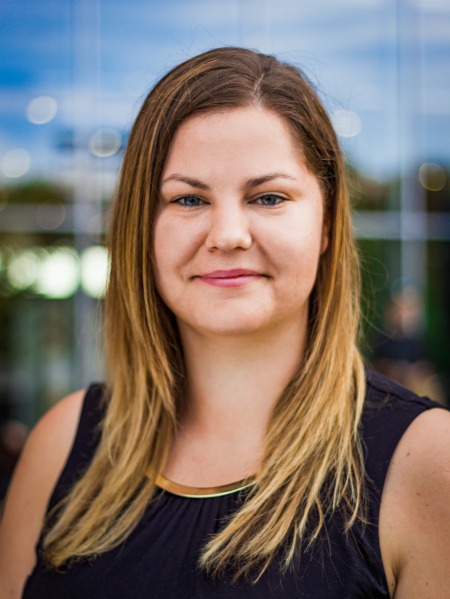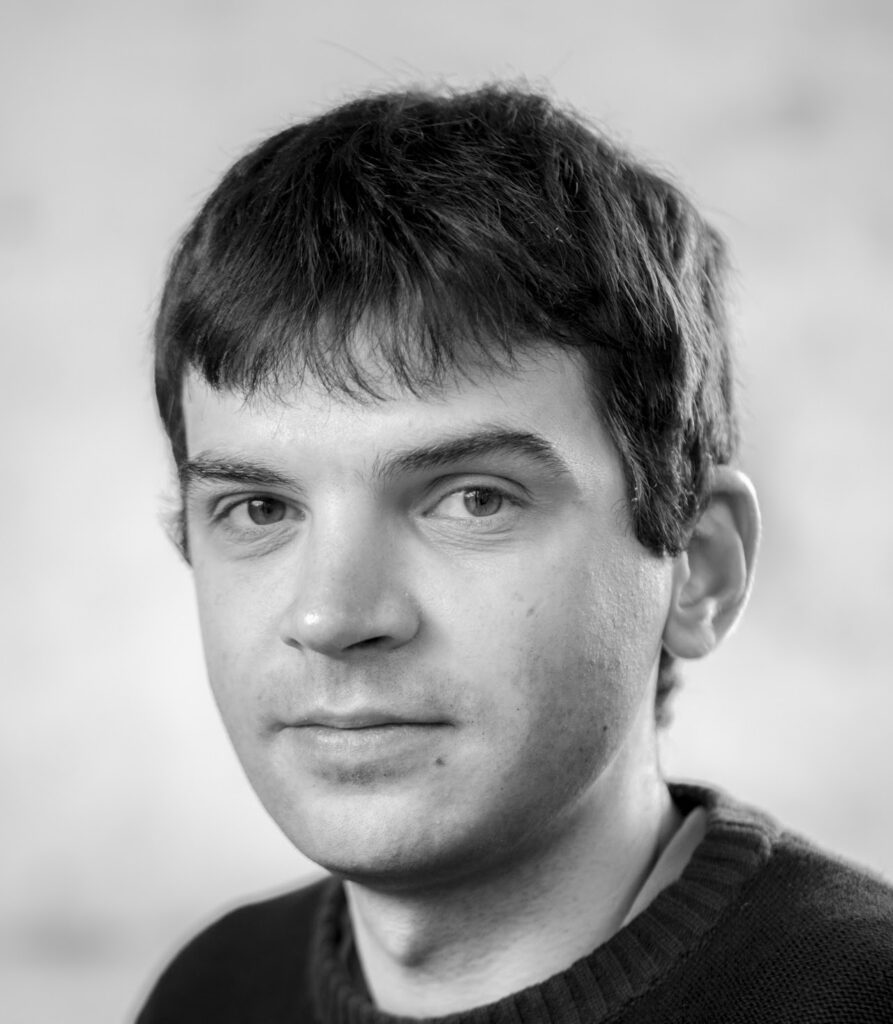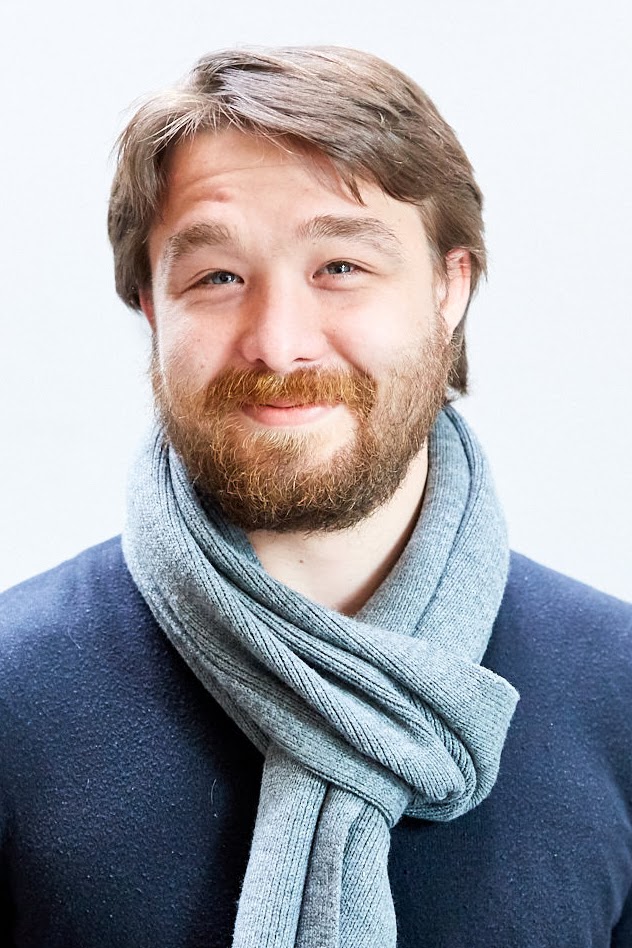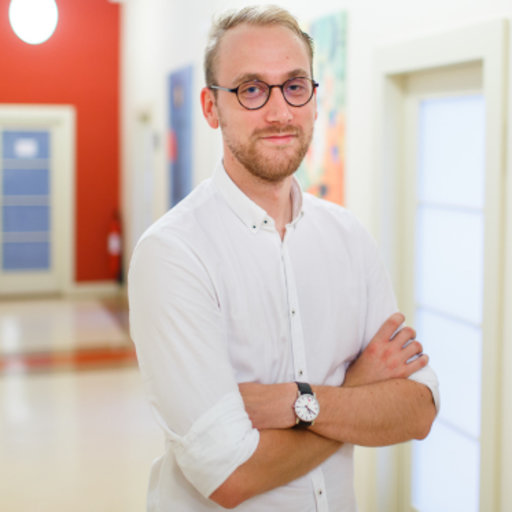
Vivien Surman from BME, Management department, will be presenting her paper “Characterizing clusters of students and supervisors based on an empirical study in the case of project work courses“ on October 11th at 10 AM, room QA405. One-to-one meetings with the speaker can be arranged; please contact the seminar organizers, Dr. Noémie Cabau (cabau.noemie@gtk.bme.hu) and Dr. Arseniy Samsonov (samsonov.arseniy@gtk.bme.hu).
Abstract: The purpose of this research is to describe the different clusters of students completing project work courses and to characterize lecturers acting as supervisors as well. The existence of different student groups setting different requirements against the supervising process has been emerged by supervisor focus group interviews in the improvement process of a service quality framework for project work courses. Cluster analyses based upon data from this service quality framework have proved the presence of three well-definable student groups. At the same time, the specific attributes of the supervisors including age, experience, grade distribution have also been gathered and analysed. The student classification is based on feedbacks of 1500 students. Supervisor characterization results from the analyses of 800 previously finished project work courses. As a result, it could be confirmed that both the students and the supervisors could be classified into well-defined groups in the case of project work courses. Finally, the characteristics of the identified groups of students and that of supervisors have been compared with statistical methods, highlighting connections between the groups. As these project work courses are remarkable cornerstones of total higher education student experience, characterizing the service quality features of the supervision process is vital. On the long run, the successful pairing of student groups with supervisor groups having specific features could be carried out for the sake of successful student accomplishment and for standardizing the supervision process as well.




 Presenting “The Status Quo and Beliefs Polarization of Inattentive Agents: Theory and Experiment” at 10:05-11:30 in QB404.
Presenting “The Status Quo and Beliefs Polarization of Inattentive Agents: Theory and Experiment” at 10:05-11:30 in QB404.